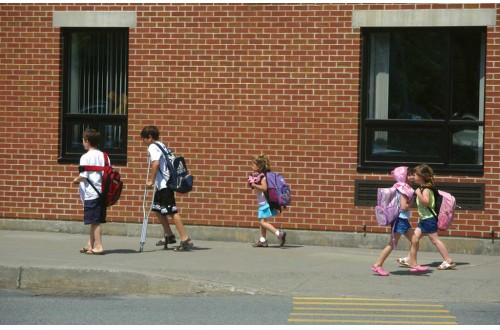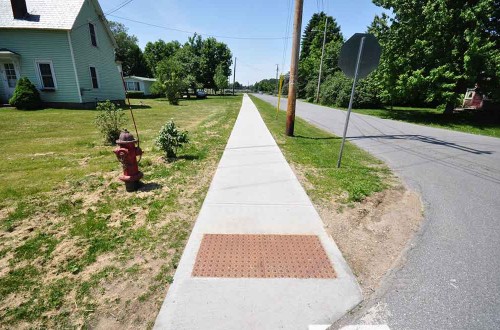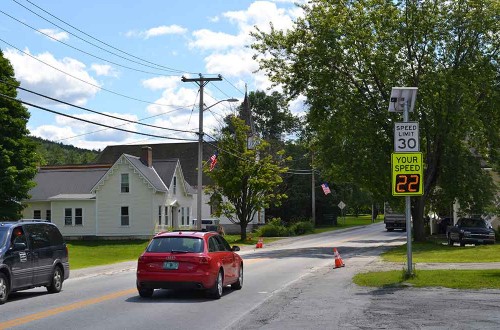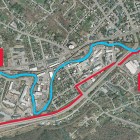VTrans Safe Routes to School
Various Locations, Vermont
Selected for consecutive retainer contracts to assist VTrans and schools statewide to implement the Safe Routes to School Program (SRTS). Services provided were developed in accordance with the Federal SRTS Program. The purposes of the SRTS program are to enable and encourage children to walk and bicycle to school; make bicycling and walking to school a safer and more appealing transportation alternative, thereby encouraging a healthy and active lifestyle from an early age; and facilitate planning, development, and implementation of projects and activities that improve safety and reduce or calm traffic in the vicinity of schools. Specific assignments include:
Bicycle and Pedestrian Feasibility Study, Bristol. Feasibility study for several bicycle and pedestrian improvements including bicycle and pedestrian accommodation on Pine Street, traffic and bicycle/pedestrian circulation in and around the Bristol Elementary School on Mountain Street, and evaluation of alternatives for a shared use path along Stony Hill Road/Lovers Lane.
West Pleasant Street Sidewalk Design, Bristol. Evaluation/design of a 425-ft sidewalk along West Pleasant Street within Bristol Village, including two crosswalks.
VT 116 Sidewalk and Streetscape Improvements, Hinesburg. Conceptual through final design of 1,100 ft of sidewalk, on-street parking, and streetscape improvements along the west side of VT 116. The sidewalk will connect the downtown area and neighborhoods to the Hinesburg Elementary School.
Vine Street Signing and Pavement Marking Design, Northfield. Engineering services to evaluate and design signing and pavement markings on Vine Street in the vicinity of the Northfield Schools.
Brush Hill Road Signing and Pavement Marking Design, Williamstown. Evaluation/design for signing and pavement markings on Brush Hill Road in the vicinity of the Williamstown School. The project also included the installation of a radar speed feedback sign.
Technical Assistance to Schools Statewide. Technical assistance to several schools to help determine what infrastructure improvements could best address their needs. D&K met with each school to discuss their needs, ideas, and concepts, and then prepared a letter summarizing recommendations and the associated costs for design and construction of the improvements. This assistance was provided so that each school could apply for an infrastructure grant.






